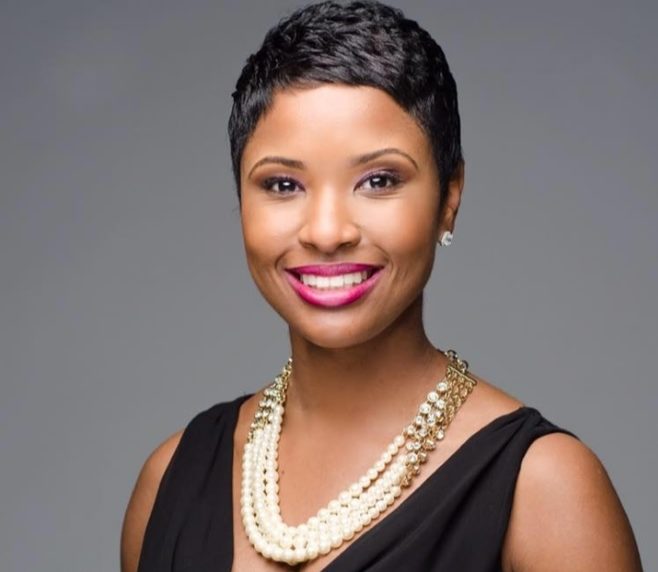
By Idrissa N Snider
Special to the Times

The typically male dominated field of STEM — Science, Technology, Engineering, and Math —
has been undergoing a change with the help of black colleges and universities.
Women from all walks of life are trailblazing in the advancement of medical practices and technology.
Some of those are featured in the Twentieth Century Fox film, “Hidden Figures” which stars Taraji P. Henson and Alabama’s Octavia Spencer and opens Friday, Jan. 6. The film chronicles the untold stories of real African-American women, like Katherine Johnson (Henson) who assisted in helping the nation launch astronaut John Glenn into orbit.
According to PBS, “There are two universally accepted ‘truths’ about women and STEM careers. The first is that men outnumber women in these fields, and the second is that women are socialized to avoid STEM as career choices, because society considers them ‘unfeminine.’”
Whether men outnumber women in the field is arguable but the lack of diversity cannot be debated.
“We still need more diversification in medicine and in other STEM fields,” said Dr. Jamie Bell, 36, an African-American physician with the Birmingham Veterans Affairs Medical Center. “Patients need to be able to relate to someone like me. There has to be an element of trust.”
Trust is important for people of color, especially considering the history of harmful and discriminatory practices that the medical industry has imposed on the black community.
Mentors are also important.
Dr. Bell accounts her success as a young black female physician to hard work and the help of mentors.
“I have two mentors, Dr. Sandral Hullett (former chief medical officer at Cooper Green Mercy Hospital) and (pediatrician) Dr. Jacqueline Stewart,” she said.
In fact, she says that it was visits with her then pediatrician, Dr. Stewart, that inspired her to go into the practice. Bell said Stewart is now her daughter’s pediatrician.
Another way to ensure that women enter STEM fields is to be sure young girls are encouraged to do activities that will spark their interests.
For example, Dr. Tonya Matthews, president and CEO of the Michigan Science Center launched the STEMinista project for 4th-8th grade girls in the Detroit Area. The STEMinista project also has a website that users can connect mentors with other women who work in STEM industries.
Also, Bell advises college students to get into programs that will offer the support and guidance needed to complete the vigorous coursework and residency of a practicing physician. She credits the Alabama Medical Education Consortium (AMEC) for making her a competitive resident. The AMEC recruits on an ongoing basis and considers itself to be “a medical school without walls.”
Since its launch in 2003 it has been responsible for sending over 80 percent of its trainees into primary and specialty care medical positions.



